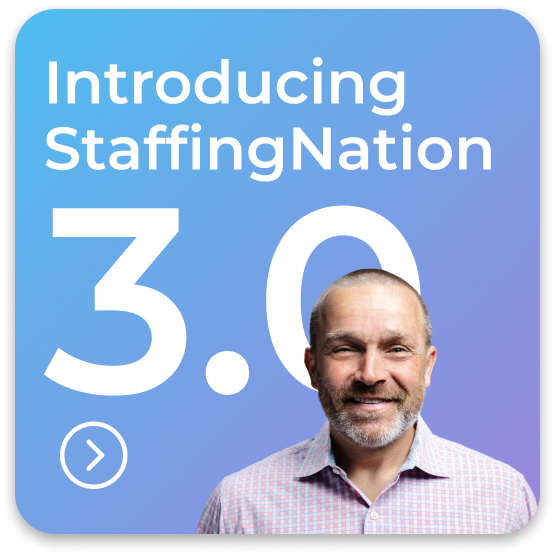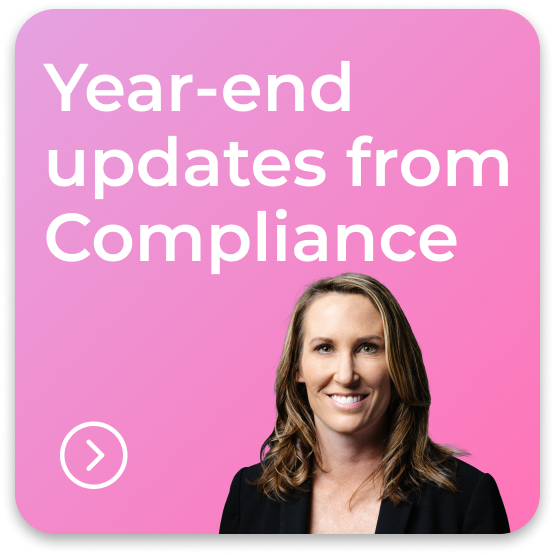California Sick Leave
Governor Gavin Newsom signed into law SB 616, which expands California's existing paid sick leave law – the Healthy Workplaces, Healthy Families Act of 2014 – in multiple ways. The new law's modifications have widespread implications because they will apply to virtually all employees who work in California for 30 days or more in a year. With the vast majority of employees covered, employers must anticipate these modifications head-on.
Beginning on January 1, 2024, employers must increase the amount of sick leave provided to California employees from three days/24 hours to five days/40 hours.
Effective January 1, 2024, the amendment increases the number of job-protected paid leave hours employees can take each year under state law. When an employer implements an accrual and carryover policy, this change also increases how much paid leave employees can accrue and carry over from year to year. Likewise, when an employer uses a frontload policy, the amendment increases the amount of paid leave employers must annually frontload.
Bereavement Leave Update
SB 848 acts as a subset of California's bereavement leave law and increases an employee's leave entitlements for a reproductive loss event, which is defined as "the day or, for a multiple-day event, the final day of a failed adoption, failed surrogacy, miscarriage, stillbirth, or an unsuccessful assisted reproduction." Covered employers must provide up to five days of leave for reproductive loss events.
The law limits the amount of reproductive loss leave to a maximum of 20 days within a 12-month period. Thus, although an employee may be subject to multiple reproductive loss events in a 12-month period, an employer is not required to provide more than 20 days of reproductive loss leave.
Like many other California leave laws, SB 848 prohibits employers from retaliating against any employee for requesting or taking leave for a reproductive loss.
California employers with five or more employees are covered under the law. Only employees who have worked for the employer for at least 30 days are eligible for reproductive loss leave.
Subject to narrow exceptions when an employee takes applicable leave under state or federal law, eligible employees must take the leave within three months of the event triggering the leave (i.e., reproductive loss events), but need not be taken on consecutive days.
Leave under the statute is unpaid, unless the employer has an existing policy requiring paid leave. Eligible employees may choose to use any accrued and available paid sick leave or other paid time off for reproductive loss leave.
SB 848 does not contain any provision permitting employers to request any documentation in connection with reproductive loss leave.
In light of this new leave entitlement, steps that a California employer may wish to take include:
- Updating their employee handbooks and/or leave policies to incorporate this new leave entitlement.
- Training management, supervisors, and HR on this new leave law.
- Determining whether reproductive loss leave will be paid pursuant to any existing employer-provided leaves or policies
Get SHRM-CP Certified!
Get ready to become SHRM-CP certified at our beautiful campus! With the SHRM Certification, you can enhance your HR expertise, increase your earning potential, advance your HR career, and demonstrate your commitment to the HR profession!
TCWGlobal in partnership with the SD-SHRM Chapter will be hosting our inaugural in-person prep course this February 2024. This class combines an experienced facilitator with the learning modules and online study tools of the 2023 SHRM Learning System® to expand your human resource knowledge and skills and prepare you for the SHRM Certified Professional (SHRM-CP) exam.
This course has limited spots but TCWGlobal has reserved a select number of seats for our client workers in the San Diego area at a discounted rate. If you believe your professionals can benefit from this valuable opportunity to expand their HR knowledge, reach out to internalhr@tcwglobal.com for more information.
Please review eligibility requirements here: Eligibility Requirements





